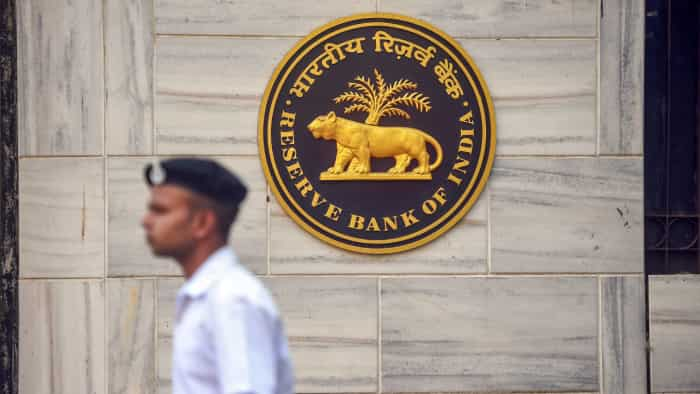NHPC collaborates with Norwegian firm for floating solar technology in India
The panels would be mounted on hydro-elastic membranes, at relevant sites to be identified by NHPC. The agreement is in continuation of efforts towards sustainable development and addition of renewable energy capacity by NHPC, which is engaged not only in hydro power development but also in various renewable energy projects such as solar, wind and green hydrogen projects.
)
Hydropower company NHPC Limited has signed a Memorandum of Understanding with Ocean Sun, a Norwegian company operating as a technology provider to the floating solar industry. As per the MoU, NHPC and Ocean Sun will explore key areas of cooperation for demonstration of Ocean Sun's floating solar energy technology based on photovoltaic panels.
The panels would be mounted on hydro-elastic membranes, at relevant sites to be identified by NHPC. The agreement is in continuation of efforts towards sustainable development and addition of renewable energy capacity by NHPC, which is engaged not only in hydro power development but also in various renewable energy projects such as solar, wind and green hydrogen projects.
The MoU was signed in hybrid mode on April 29, 2024, by Executive Director (Renewable Energy and Green Hydrogen), NHPC, VR Shrivastava and CEO, Ocean Sun, Kristian Torvold. Ambassador of Norway to India, May-Elin Stener; Director (Technical), NHPC, Raj Kumar Chaudhary and Executive Director (Strategy Business Development and Consultancy), NHPC, Rajat Gupta joined the signing ceremony from Embassy of Norway, New Delhi and Ambassador of India to Norway, Acquino Vimal joined from Oslo. India meets a sizable portion of its energy needs through imports, and this solar energy is seen as one of the avenue to reduce the dependence on imported fuel.
At COP26 held in 2021, India committed to an ambitious five-part "Panchamrit" pledge. They included reaching 500 GW of non-fossil electricity capacity, generating half of all energy requirements from renewables, to reducing emissions by 1 billion tonnes by 2030. India also aims to reduce the emissions intensity of GDP by 45 per cent. Finally, India commits to net-zero emissions by 2070. About 44 per cent of India's energy requirements at present come from non-fossil sources and are likely to touch as high as 65 per cent by 2030, much higher than what the country pledged at the COP summit in 2021.
Get Latest Business News, Stock Market Updates and Videos; Check your tax outgo through Income Tax Calculator and save money through our Personal Finance coverage. Check Business Breaking News Live on Zee Business Twitter and Facebook. Subscribe on YouTube.
RECOMMENDED STORIES

RBI Rule: New system for online money transfers to be implemented from April 1, 2025; here's all you need to know

Latest SBI Senior Citizens FD Rates: What will you get on maturity if you invest Rs 9,89,898, Rs 8,78,787, and Rs 6,56,565 in Amrit Vrishti, 1-, 3-, and 5-year FDs?
01:42 PM IST









 Govt to sell 3.5% in power producer NHPC at Rs 66 a share beginning Thursday
Govt to sell 3.5% in power producer NHPC at Rs 66 a share beginning Thursday  NHPC Q3 Results 2023: net profit falls 12.59% to Rs 776 crore in December quarter
NHPC Q3 Results 2023: net profit falls 12.59% to Rs 776 crore in December quarter